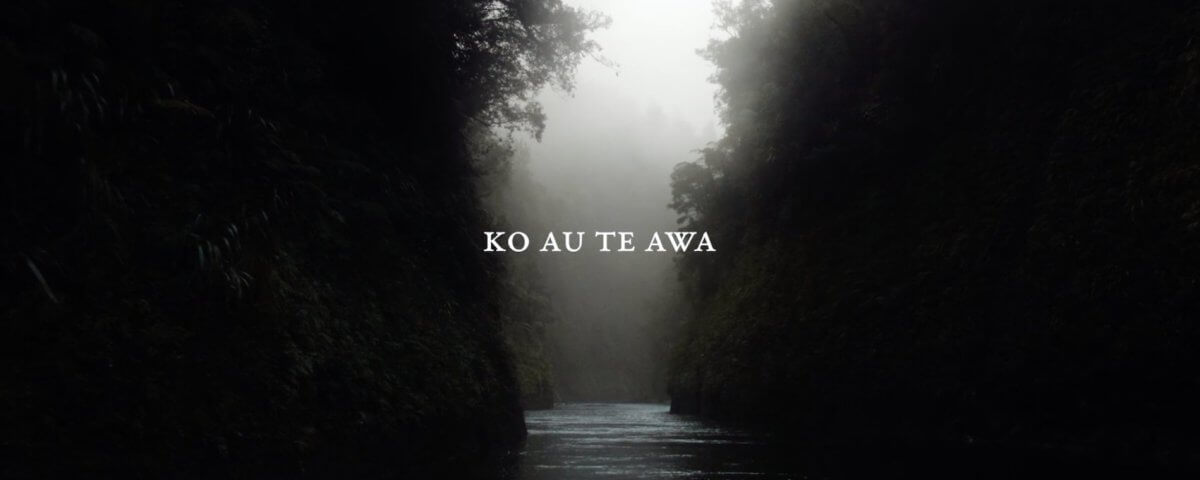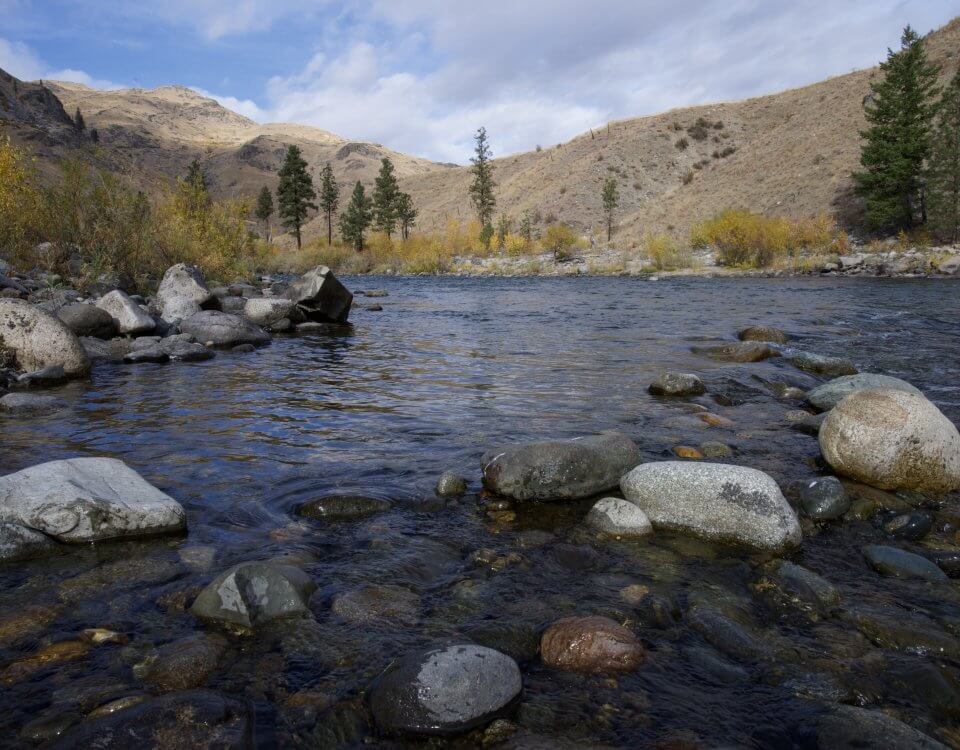What happens when a River is recognized as an Ancestor?

What can I do to Save the World from Climate Change?
April 20, 2022
MVCC Monitors Proposal to Allow ATVs on County Roads
June 2, 2022How legal personhood and Rights of Nature laws are giving Indigenous People another tool to protect their environments
The river is the source of spiritual and physical sustenance.
The great river flows from the mountains to the sea.
I am the river and the river is me.
The small and large streams that flow into one another form one River.
-The Four Values of Te Awa Tupua, the Whanganui River in New Zealand
In 2017, the Wanganui River and its tributaries were officially bestowed personhood by the government of New Zealand after a long campaign by the Maori People. The river now has legal status under the name Te Awa Tupua. Recently, several MVCC staff members sat in on a webinar discussion hosted by the Syilx Okanogan Nation Alliance. The guest speaker was Nancy Tuaine, the Chief Executive of Ngā Tāngata Tiaki o Whanganui, a Maori organization that was instrumental in pushing forward this groundbreaking case. Through Nancy’s words and the video above, we learned about how giving the river legal standing has been a transformative way to honor Maori rights and acknowledge Te Awa Tupua as a spiritual, ancestral being. For non-Maori living in New Zealand, the bestowing of personhood pushes everyone living around the river to acknowledge how they are connected to Te Awa Tupua and why this river is important to them.
The personhood of the Whanganui River and the 2013 Tew Uewera Act, which gave Te Urewera National Park “all the rights, powers, duties, and liabilities of a legal person”, were early precedents in a growing number of Rights of Nature laws. Rights of Nature laws acknowledge that animals, water and ecosystems have intrinsic rights. In 2022, these laws are being debated in Washington state. The Sauk-Suiattle Tribe are suing the City of Seattle on behalf of salmon, saying that the city’s three hydroelectric dams violate the salmon’s right. The Tribe argues that “salmon have the inherent right to ‘flourish’, that the Tribe has a right and responsibility to protect salmon, and that the city is engaged in intentional violation of these rights.” The decision from the case could set an important precedent in Washington state and give Indigenous tribes another tool besides treaty rights (many tribes don’t have treaties or the treaties do not honor all their rights) to help protect the land, water and ecosystems that support us all.
Closer to the Methow Valley, the Syilx Okanogan Nation Alliance which represents 8 tribes along the Okanogan River watershed in B.C. and Washington, including the Colville Confederated Tribes, is working to restore the Okanogan River and, perhaps eventually, give it personhood (the Colville Confederated Tribes includes 12 different tribes and 3 different languages but one of the main languages is nsyilxcən (Okanogan Salish)). The Syilx Indigenous People are a trans-boundary tribe that traditionally shared much of the same land, nsyilxcən language, culture, and customs. Placement on reservations and colonial policies over the last 175 years have separated Syilx People into separate communities across two countries and many different jurisdictions. In recent years, the Canadian government has moved towards broader recognition of Indigenous hunting, fishing, land and water rights. The U.S. Government, however, continues to lag behind. This complicates any effort to acknowledge and protect the intrinsic rights of the Okanogan River and its tributaries. Rights of Nature Laws could help to remove some of those barriers.
At MVCC, we know that over the long-term, to protect the land and water that supports us we need to shift the way we treat our surrounding ecosystems. Granting personhood is one way to extend respect and protection to the life-giving systems that surround us. As the Sauk-Suiattle go to court in Seattle and the Syilx Okanogan Nation build their efforts to restore and protect the river, we’ll be paying attention and lending our support where we can.


